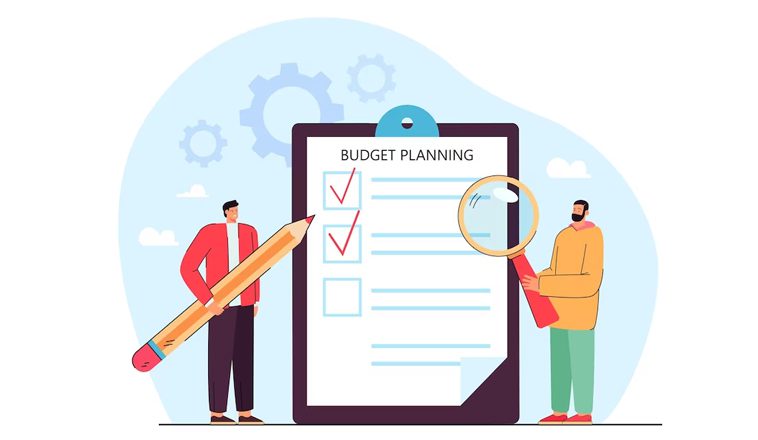Becoming a new parent is exciting, but it brings a lot of economic changes. A recent study estimates that parents spend approximately $284,570 on food, shelter, and other needs to raise a child to 18 years. This estimate can increase based on childcare, education, and healthcare choices.
This is why you need to have a solid game plan for your money before having your baby. Having a financial checklist together will help you plan their finances and give them the best opportunities for a great future.
Here’s a quick guide to help you set your new family up for financial success.
Table of Contents
Plan for one-time newborn expenses
It’s time to jot down the nitty-gritty and tally the expenses of having a baby. New parents can divide the expenses into two categories: one-time and ongoing. Although getting a baby means extra expenses consistently, some are just needed once. Here are some of the main expenses you should consider when the baby arrives.
- Crib
- Medical bills
- Car seat
- Supplies
- Home modifications
Also, you can read Freshbook Review
The cost of hospital delivery in the US is approximately $6,075, which could rise to $50,000 depending on the facility and the kind of delivery you choose, the location, and the insurance cover. This does not include post-delivery care and prenatal care. Prenatal care alone could cost an extra $2000. As for some of the expenses, you could speak to your insurance provider to know what they’ll cover and in which hospitals.
Other one-time expenses for a baby are large items like a bassinet, car seat, strollers, high chair, and home modifications.
Plan for ongoing child care expenses
Apart from one-time expenses, you need to understand ongoing child care expenses as these will become the bulk of your childcare costs. The average baby uses about 2700 diapers in the first year, costing upwards of $550. This is just a clear example of how quickly baby expenses escalate. Indeed, the first year alone can demand an average of $12,000 on ongoing expenses.
For now, you could focus on the necessary monthly expenses in the first year of your newborn. Common ongoing expenses to expect every month are:
- Childcare
- Food
- Diapers
- Clothing
- Medicine
- College savings
- Toys and books
Take out a life insurance
With the uncertainty of what tomorrow brings, it’s only wise to get a life insurance plan for your young family to stay safe from any contingencies. Ideally, both spouses should have life insurance if they are working. If that’s not possible, you can choose to take out life insurance for dads or mums, depending on who among you is tasked with bringing home the primary income.
It’s worth noting that you can lock in a low premium rate if you take out life insurance while you’re still healthy and young. So don’t wait until it’s too late or when you’ve been diagnosed with a chronic health problem to start thinking of getting coverage.
See More: Fastest Growing Expertise of Gig Workers
Consider health insurance
While at it, ensure that your health insurance policy covers your baby’s medical expenses in the future. If you and your spouse have different health covers, you can compare the plans to see which one offers the best bang for the buck and include your children in that plan.
Keep in mind that most insurance companies offer just 30 days to add a child to your health insurance, so you need to do this ASAP. Otherwise, you might have to wait until there’s another open enrollment or a qualifying event.
Start a college fund
The amount you need to support your child’s higher education depends on your values and traditions. If you must take your child to college, the costs of in-state education could tally up to $25,290. Although it may feel like a lifetime away, it’s good to start early to avoid stress later on.
Keep in mind that the cost of education has been increasing by about 2.6% each year, so you can factor this into your calculations.
A college savings plan will help you put aside some monthly contributions to achieve the amount you’ve set to cater to your child’s higher education needs. Getting Whole of Life insurance also provides the security of tax-free education funds.
Conclusion
So, can you afford your newborns? Ultimately, it’s all up to you. The truth is you do not need to be rich to have a baby. All you need is to plan and save to feel more financially secure when the time comes. Becoming a new parent can pose a new challenge, but these financial items off your to-do list will make it easier for your new family. Good luck!
Here are a few more topics that you shouldn’t miss:
How to create a job searching website in WordPress
4 Sources For Free public domain and CC0-Licensed Images
Like this post? Don’t forget to share






